Residential plumbing issues, from minor leaks to major pipe breaks, can cause significant damage. Professional residential plumbing services offer crucial solutions, from repairs to replacements, and prevent future problems through regular maintenance checks. These inspections identify early signs of leaks, clogs, corrosion, and damage, optimizing water pressure, fixing leaks, and improving heating systems. A comprehensive assessment includes examining water supply lines, fixtures, drainage systems, and water heaters, ensuring the home's plumbing remains in optimal condition. Regular inspections prevent water damage, reduce utility bills, detect hidden leaks, and promote a more secure, efficient, and environmentally friendly home.
Considering the critical role plumbing plays in your home’s comfort and safety, regular inspections are an often-overlooked but essential aspect of maintenance. This article explores the world of home plumbing inspection services, guiding you through understanding common residential plumbing issues, the value of routine checks, and what to expect during these assessments. From identifying potential problems early to reaping the benefits of professional expertise, learn why prioritizing your plumbing is a wise decision for any homeowner.
Understanding Common Residential Plumbing Issues
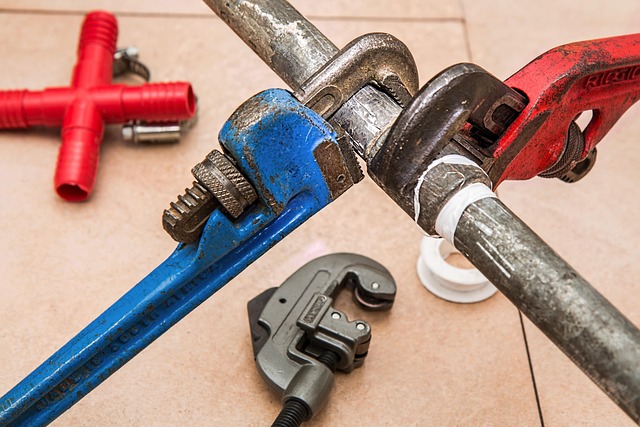
Residential plumbing issues are common problems that can range from minor inconveniences to major disasters. Some of the most frequent issues include leaky faucets, which can waste large amounts of water and increase your utility bills; clogged drains and sewers, often caused by grease buildup or foreign objects, leading to slow drainage or even backups; and broken pipes, especially during extreme weather changes, resulting in leaks that can cause significant damage to homes.
Professional residential plumbing services are crucial for addressing these issues promptly and effectively. Plumbers equipped with the right tools and knowledge can diagnose problems accurately, whether it’s a simple repair or a complex replacement. Regular maintenance checks by these experts can also help prevent future plumbing catastrophes, ensuring your home remains in good working order.
The Importance of Regular Plumbing Inspections
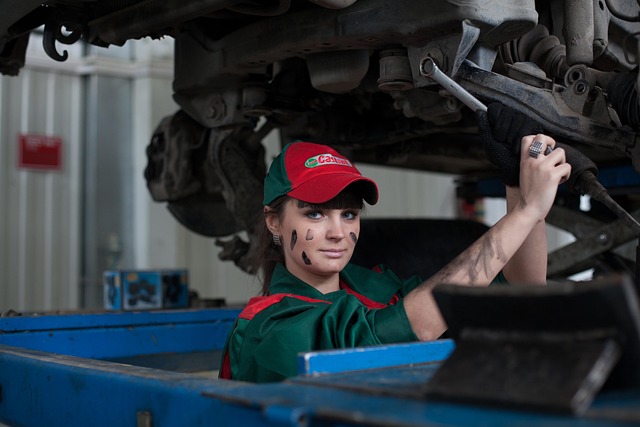
Regular plumbing inspections are an essential part of maintaining a healthy and safe home environment, offering peace of mind for homeowners. These comprehensive checks by professional residential plumbing services can identify potential issues before they become costly or even hazardous problems. By inspecting pipes, fixtures, and appliances, experts can detect leaks, clogs, corrosion, or damage that might go unnoticed otherwise. Early detection allows for prompt repairs, preventing small issues from escalating into major crises that could disrupt daily life and lead to extensive water damage.
Additionally, regular plumbing inspections can improve the efficiency of your home’s water systems. Skilled technicians can assess water pressure, identify leaks that waste precious resources, and optimize the performance of heating systems and water heaters. These measures not only save money on utility bills but also contribute to environmental sustainability by reducing water wastage. Thus, investing in routine plumbing inspections is a proactive step towards ensuring a comfortable living space and promoting long-term cost savings for homeowners.
What to Expect During a Home Plumbing Inspection

During a home plumbing inspection, a professional will thoroughly assess every aspect of your plumbing system to ensure it’s in optimal condition and up to code. This includes checking for any leaks, both visible and hidden, which could lead to water damage or mold growth. The inspector will also evaluate the water pressure, looking for any signs of corrosion or wear and tear on pipes, fittings, and fixtures. They’ll inspect the drainage system to make sure it’s clear and free of clogs, ensuring that wastewater flows smoothly away from your home.
Additionally, the professional will check the functionality and efficiency of plumbing fixtures like faucets, toilets, and heaters. This involves testing water temperature, flow rates, and overall performance. They might also assess the age and condition of the water heater, recommending replacements or repairs as needed. A comprehensive inspection by residential plumbing services will provide you with a clear picture of your home’s plumbing health, enabling proactive maintenance or addressing any urgent issues promptly.
Key Components of a Comprehensive Plumbing Assessment
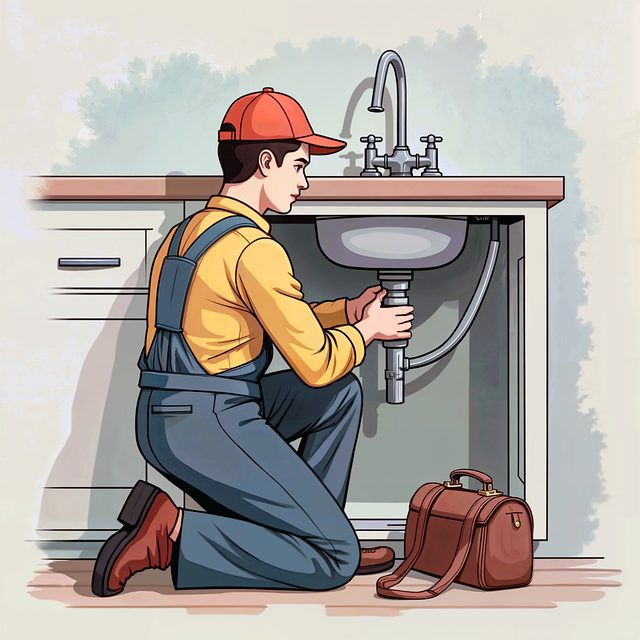
A comprehensive plumbing assessment involves several crucial components that residential plumbing services professionals should cover during an inspection. Firstly, examining the water supply lines is essential to ensure there are no leaks or corrosion, which can lead to reduced water pressure and potential damage. Professionals will also inspect fixtures like faucets and toilets for proper functionality and any signs of leaks, as these issues not only waste water but could also cause significant property damage over time.
Additionally, the evaluation of drainage systems is vital. This includes checking for clogs in pipes, examining venting systems to ensure proper air flow, and assessing the condition of traps and fixtures to prevent sewer gases from entering the home. A thorough plumbing assessment should also include an inspection of heating and cooling systems related to water, such as water heaters, to guarantee they are functioning efficiently and safely.
Benefits of Professional Plumbing Inspection Services
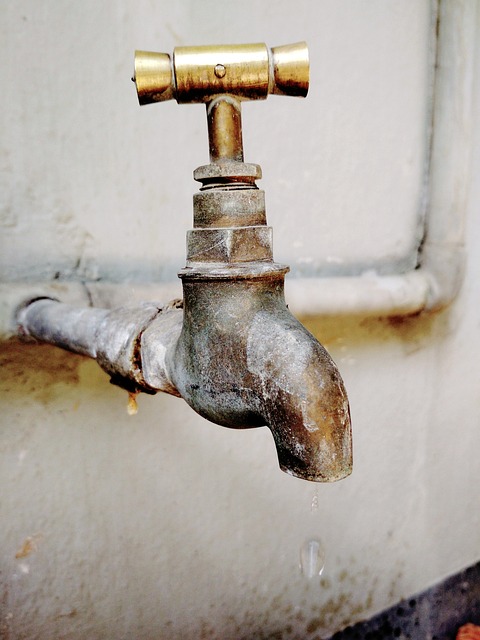
Professional plumbing inspection services offer numerous benefits for homeowners, ensuring the smooth functioning and longevity of their properties’ vital systems. These comprehensive assessments go beyond what a typical resident can detect, identifying potential issues that may remain hidden until they escalate into costly repairs or safety hazards. With a skilled inspector’s expertise, you gain valuable insights into the condition of your plumbing, allowing for proactive maintenance and informed decision-making.
Regular inspections by residential plumbing services can prevent water damage, which is not only costly to repair but also increases energy bills. They detect leaks, both visible and concealed, that could be causing significant waste. Moreover, these professionals can identify outdated or inefficient fixtures, piping issues, and potential health hazards like mold growth due to water intrusion, providing solutions for a more efficient, safe, and environmentally friendly home.
Tips for Preparing for Your Plumbing Inspection
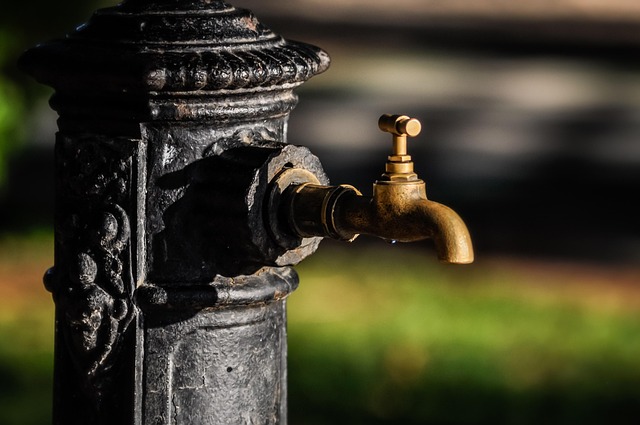
Preparing for a plumbing inspection is an excellent way to ensure your home’s system functions optimally and identify potential issues early on. Before the experts arrive, take some time to gather essential information and make basic preparations. Start by locating your main water shut-off valve; this crucial component can be quickly identified and easily accessed, allowing you to shut off water in case of emergencies during or after the inspection.
Additionally, clear any obstructions from areas where plumbing fixtures are located, such as sinks, bathtubs, and toilets. Remove items that might hinder access to pipes and appliances for a thorough examination. Inform all household members about the upcoming inspection so everyone knows not to use excessive water during the process. These simple steps will facilitate a seamless inspection process and provide valuable insights into maintaining your residential plumbing services.
